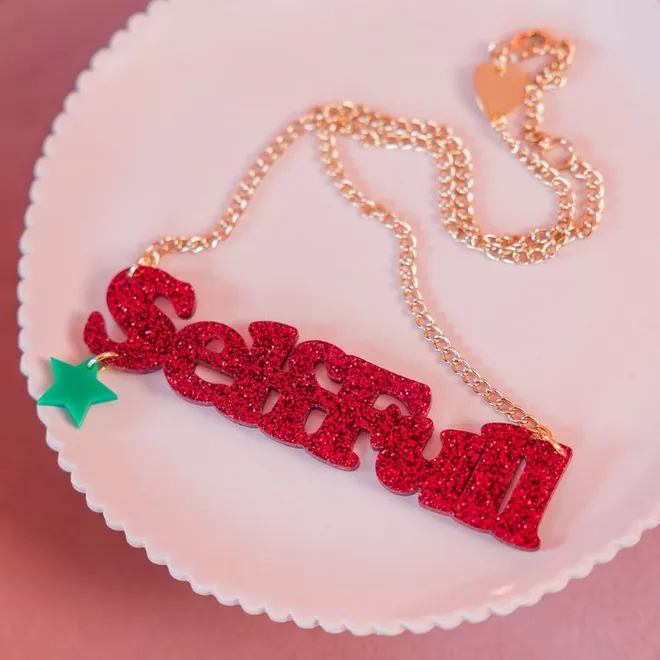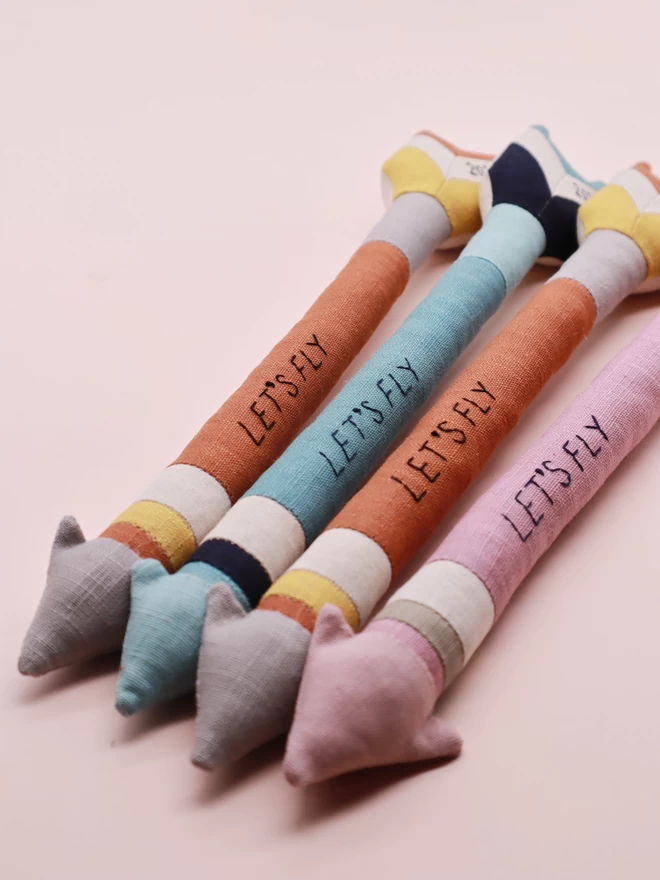
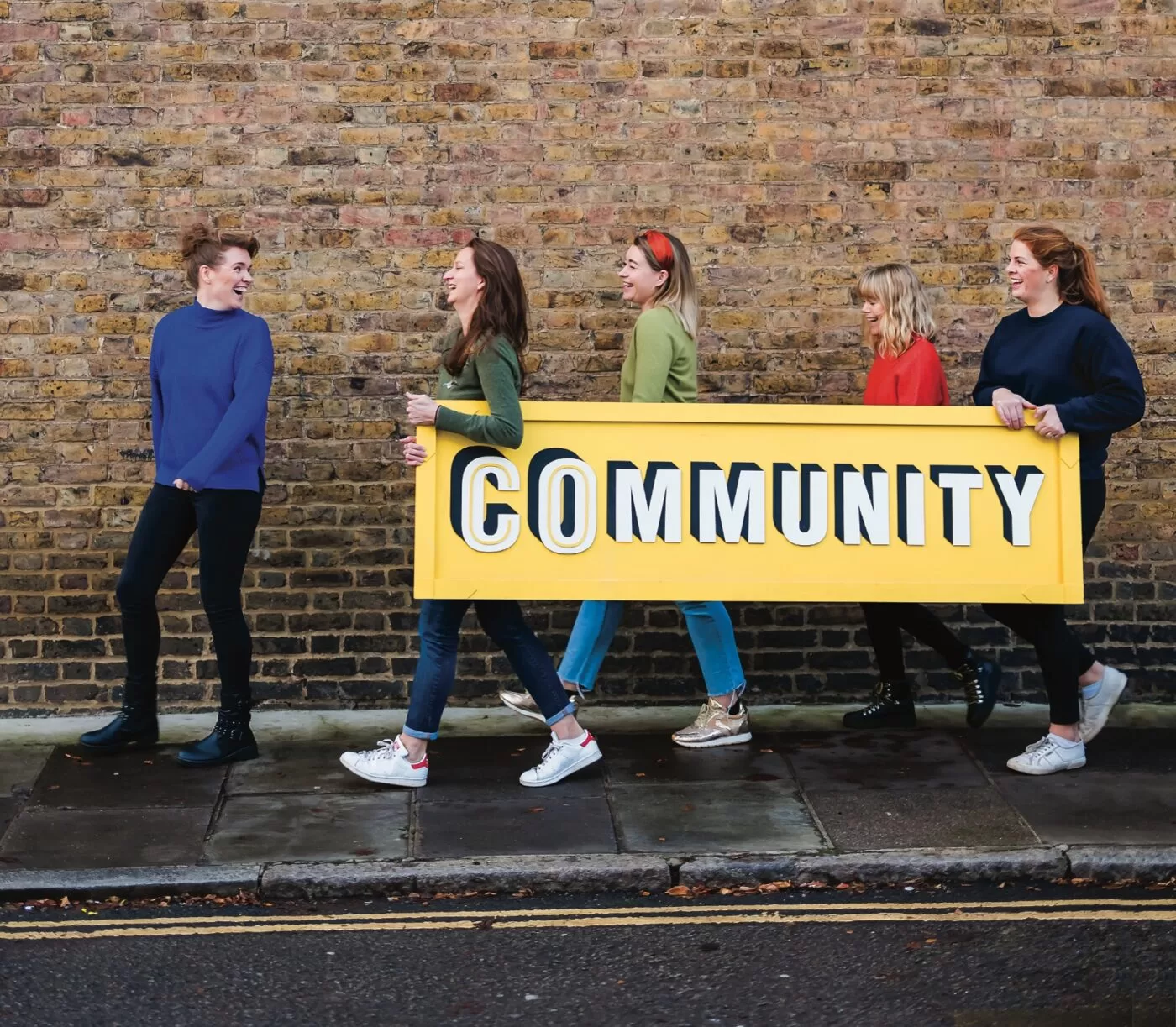
Why is community more important than ever? Powerful lessons from Hebden Bridge
UPDATED 26TH SEPTEMBER 2023
Why is community important to people? Read about Hebden Bridge and the power of community spirit.
Inspiring community spirit: were communities stronger in the old days?
How powerful could your local community be if you pooled the resources you have? Between the old and the young, it’s likely you have the experience, skills, time and money to share everything from childcare and chores, to business wisdom and company. Yet it was recently reported that modern life coupled with living in big towns and cities has had a huge effect on our sense of community belonging, with people engaging less with their neighbours than they do with social media.¹ Remember when people helped each other out or never let a household go hungry or feel lonely? It wasn’t so long ago that we were banging pans on doorsteps together and putting rainbows in windows. So what’s changed?
What are the 5 benefits of community?
For women trying to navigate the Triple Shift of work, running a household and caring for the family, it’s tough enough trying to keep up with your own life without worrying about your neighbours on top — but does that make sense with the benefits we could all stand to gain? These might include:
- Better mental health with a support network on the doorstep and a chance to help others.
- More opportunities through pooled experiences, skills and resources.
- Increased safety and security.
- A greater sense of belonging and connection.
- A diverse viewpoint, not an echo chamber of your own knowledge and beliefs.
This is something that the people of Hebden Bridge came to discover through a desolating turn of events. And it has truly changed the lives (and fortunes) of the whole community.
What can we learn from Hebden Bridge? What makes a good community?
Hebden Bridge has been dubbed ‘The Greatest Town in Europe’. Quite a statement for somewhere snuggled away in the depths of West Yorkshire that few people have even heard of. It’s also pretty remarkable considering it was only a few years ago that it had raw sewage running through its streets, no electricity, and bloated houses steeped in sadness after the town suffered a series of devastating floods. As shopkeepers’ livelihoods disappeared overnight and years of hard work went, quite literally, down the drain, residents struggled to recover, both financially and emotionally. And that was pre-pandemic.
So how on earth did Hebden Bridge go from that to become the flourishing, tight-knit community, with thriving independent shops and the wealth of culture it has today? What makes their high street so magical? How are these people who’ve been through so much, still prepared to give it their all? After meeting Alison Bartram, it becomes pretty clear…
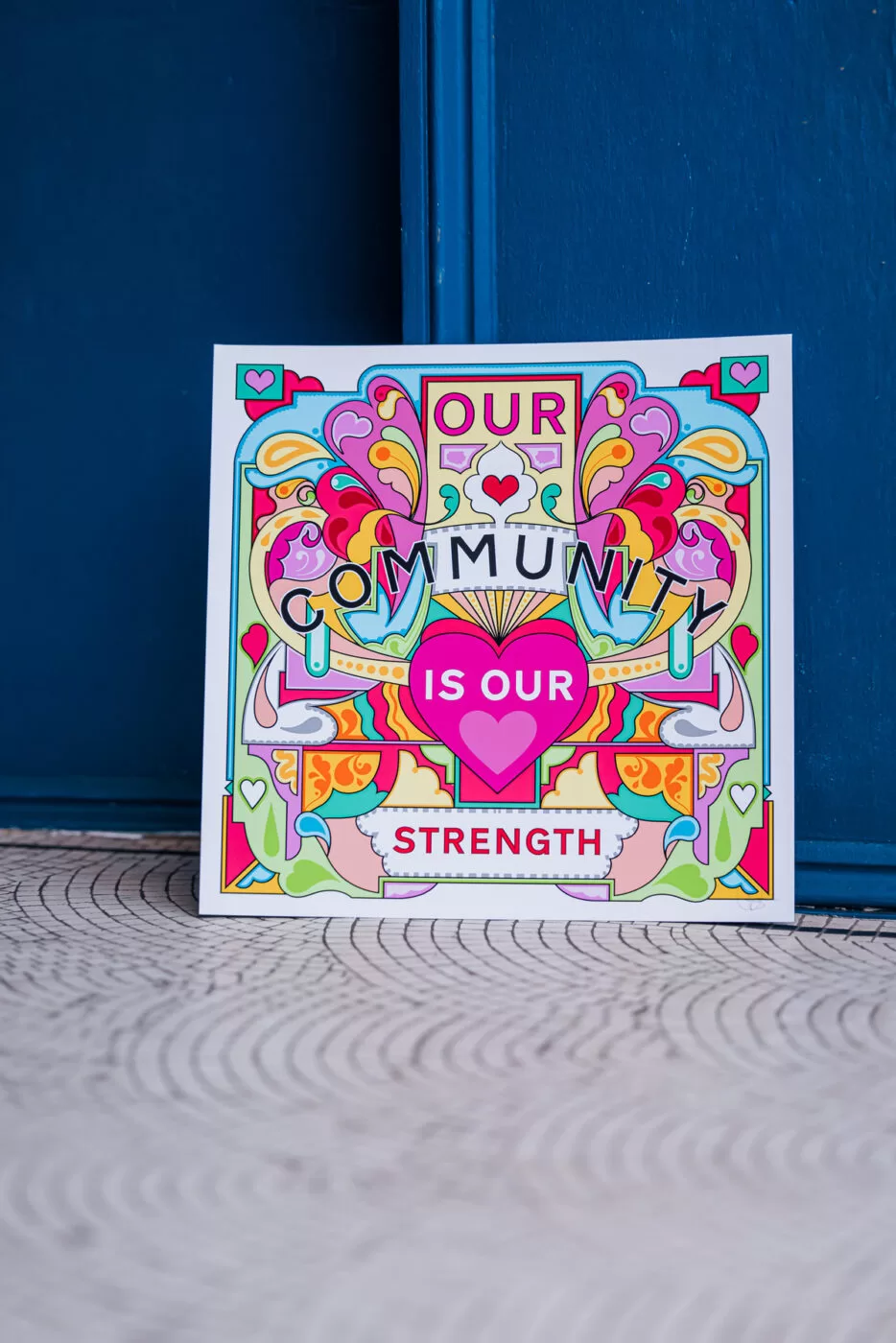
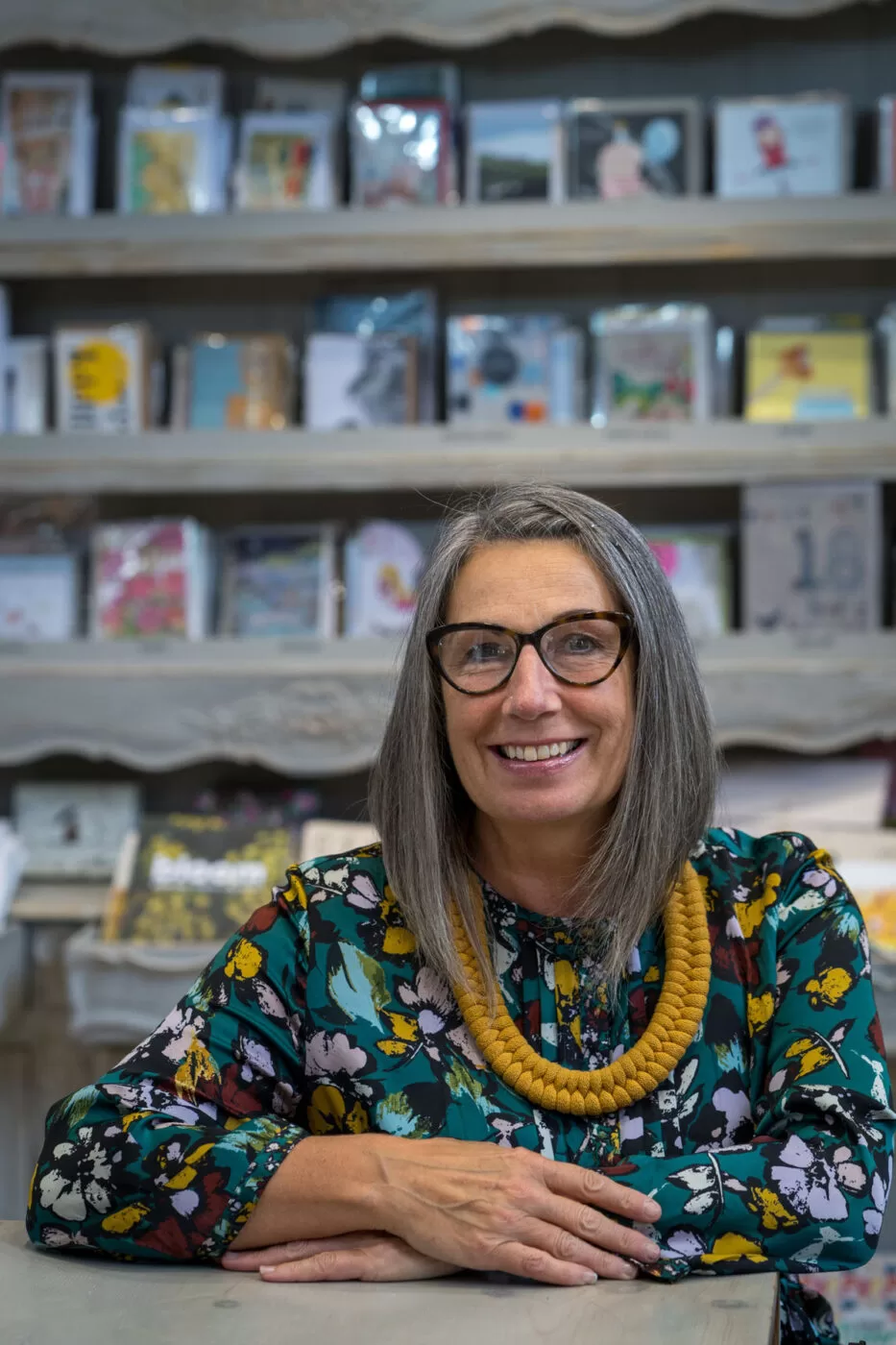
Meet Alison Bartram, founder of Heart Gallery
Alison is founder of Heart Gallery; a warm and inviting creative space whose narrative is part of the story of this remarkable little town. Her gallery shares contemporary art, alongside handcrafted jewellery and craft. Yet there’s another important thing you’ll find there, too — and that’s community spirit. Which is something humans need more than the modern world might recognise.
What does it mean to have strong community spirit?
Community spirit is defined as being a ‘willingness and desire to participate in activities that promote a community’. And that’s exactly what Hebden Bridge discovered. After several serious events in her personal life, Alison moved there to be closer to her father and decided to set up a business.
How tough times test community spirit
Heart Gallery opened in 2006, but it wasn’t easy. The nation was in an economic low. People were yet to see the benefits of shopping small and it was a struggle to encourage visitors to buy local or handmade. Then in 2012 they had a couple of floods which were tough, though minor compared to the floods of Boxing Day 2015 which were devastating.
They ruined more than 3,000 houses, 100 businesses, destroyed two historic bridges, closed schools and more. It took Heart Gallery six months to recover, and Alison was among the luckier ones. She said, “It was incredible how the community helped with that though. We were all in our own worlds; stock building again, repairing the damage… but also aware of what everyone else was going through. The town hall opened up as a hub for everybody and that saved us. None of us had toilets or electricity or whatever, there were no cafés open to get food or anything, but you could all go there. Everyone went along for a cup of tea and a cry. And the minute you walked in, your shoulders relaxed. You didn’t even have to talk to anyone. Silent tears, silent hugs…”
A great example of a community pulling together: valuing community over competition
“Then came the offers of help from all around us,” Alison shared. “The cavalcade came up from Birmingham. The Sikh community was amazing. People came from Liverpool with an empty van to help. The council got onto it quickly to get the streets clean. The Business Forum helped us share knowledge. It used to feel like you’d open your doors and do your business and then close them and be in your own bubble. Now it feels like you’re part of the town. People work together. We communicate better.” However, it wasn’t just tragedy that brought everyone closer.
How independent business can help strengthen a community
Hebden Bridge doesn’t have chain stores or shopping centres. It has a rich mix of creative independent shops run by people who do what they love, so it’s a town filled with passion. They encourage people to buy locally and as Alison says, “Keep that pound going round the town.” She says, “People don’t realise how much it matters but it does. It’s our life. It means we can feed our families and pass on skills and others can enjoy it and learn from it, too. There’s so much on our doorstep, it’s important to protect it and use it before you lose it.” With 57% of small businesses in a recent survey saying they’re worried about closing, how right she is.² There are also a high number of female founders in Hebden Bridge and maybe that helps too. Alison says, “We’re do-ers. We just get on with it. We’re not afraid to stick our marigolds on and get stuck in or to ask for help. And that brings us all together somehow.”
The future of the community: why Hebden will always be somewhere to live and visit
In Hebden Bridge, people know better than to be complacent. Heart Gallery works with established artists but they also nurture emerging, pre-graduate talent too, to ensure a sense of community continues through the next generation, and other businesses mirror this approach too. They are all thinking about the future.
Hosting community events ensures people feel included
They’ve also been able to build a strong, eclectic community in Hebden Bridge by making sure everyone feels included. In fact, it’s known as ‘The Brighton of The North’ and is said to be the lesbian capital of the UK. It’s a welcoming place that has lots going on, from Andy’s Man Club (brilliant talking groups set up to help men express themselves) and the WI for example, to Pride, The Arts Festival and The Handmade Parade.
How do you build community spirit?
Aside from supporting your local businesses, it could be something simple such as checking in on an elderly neighbour or popping a card round to tell someone their garden looks great. It might be litter picking or doing other things to add to your local area. Or you could volunteer for a local community group or organise an outing.
Whatever you choose, remember that every little helps. Communities can give people so much and as Margaret Mead said, “Never doubt that a small group of citizens can change the world. Indeed, it is the only thing that ever has.” The good news is that in Hebden, ‘The Hebden spirit’ is still going strong today. They still get the flood alerts. “Mother nature is most definitely in charge,” says Alison. “We live in fear of it but we’re better prepared. And next time, we’ll face it together.” No wonder it’s called ‘The Greatest Town in Europe’ — and that’s the power of community. If you'd like to support more members of the UK small business community, shop now.
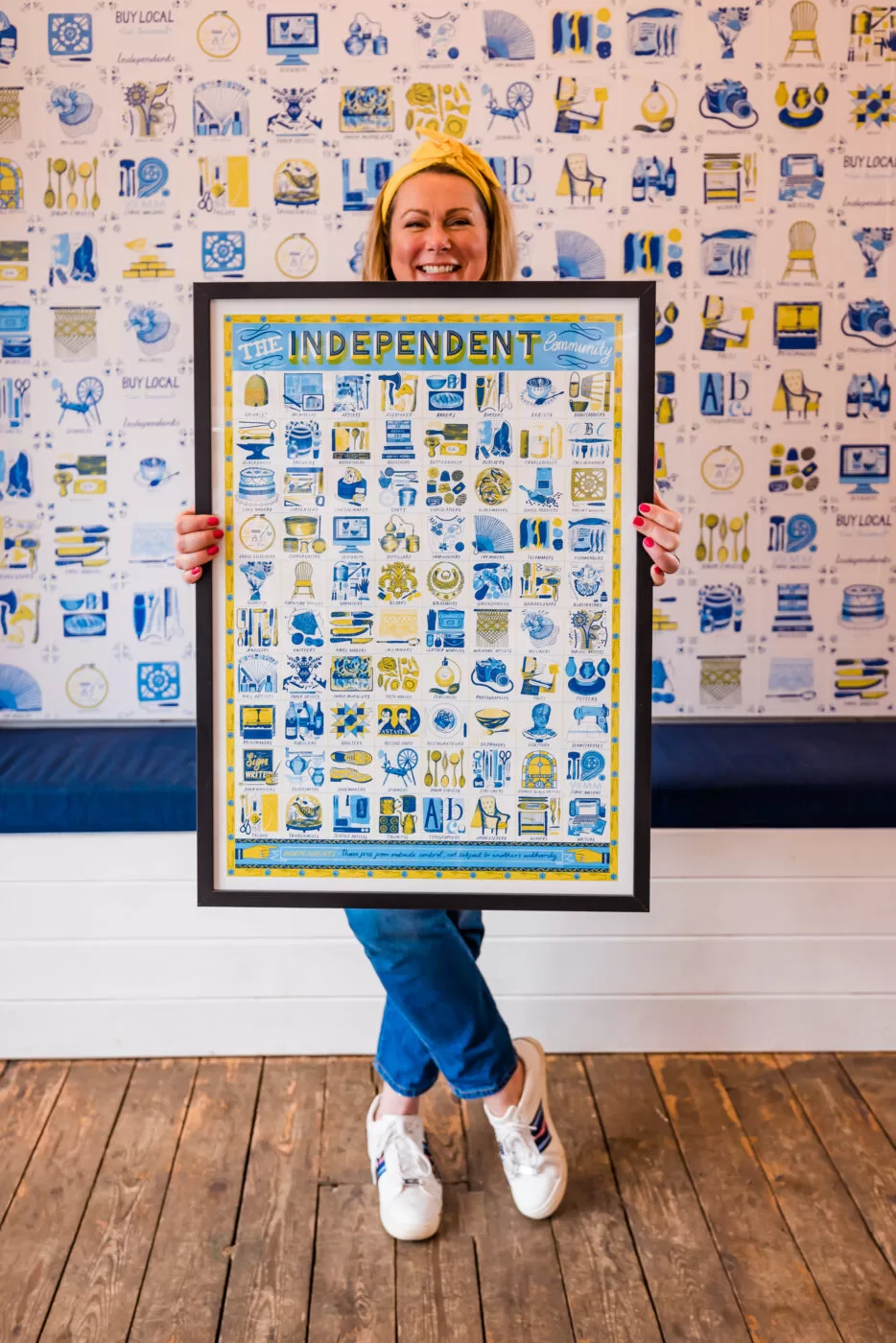
Sources: 1. Guardian report on Britain’s sense of community 2. Independent research for Holly.Co.
More inspiration for you
Related Content

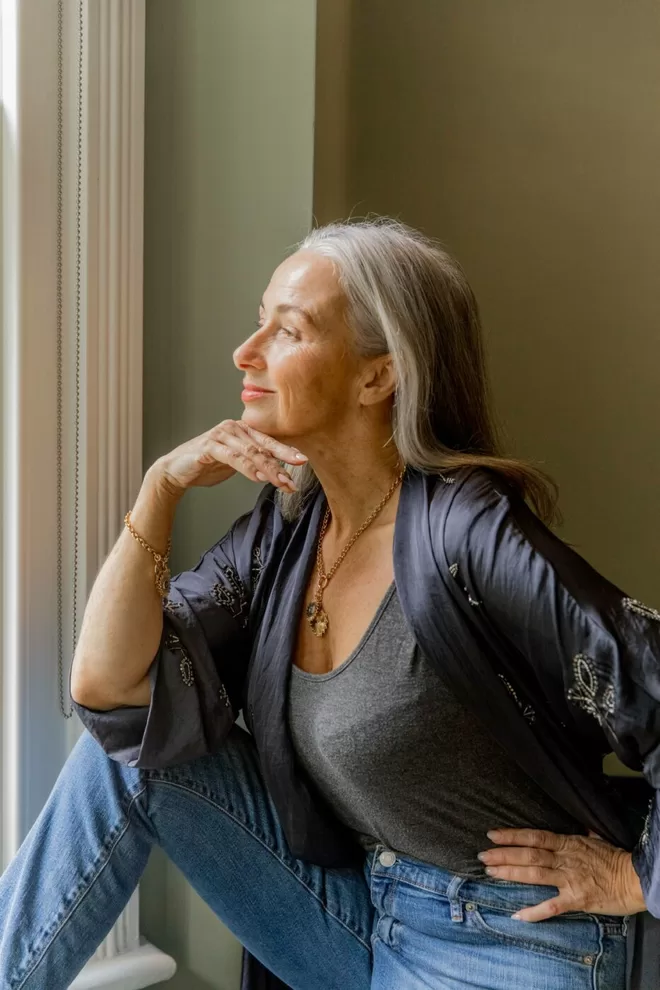
Starting a business in later life: why it’s the perfect time to fly
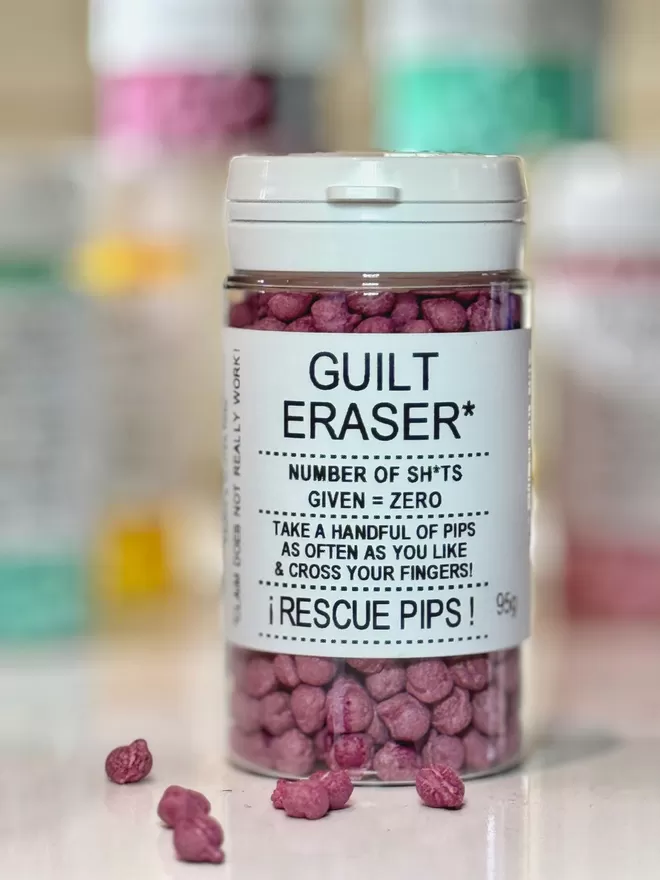
How to stop feeling guilty? Try these 10 top tips from Kate Downey-Evans
